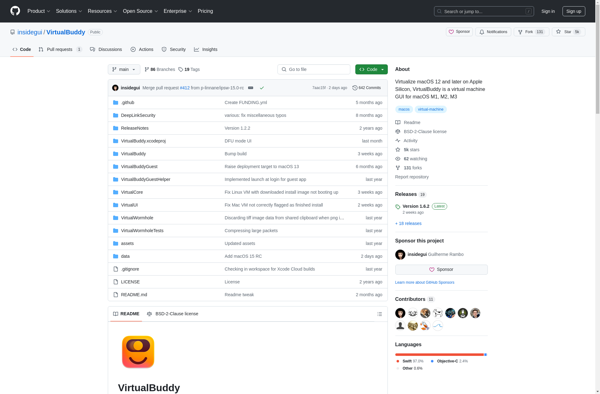JPCSIM
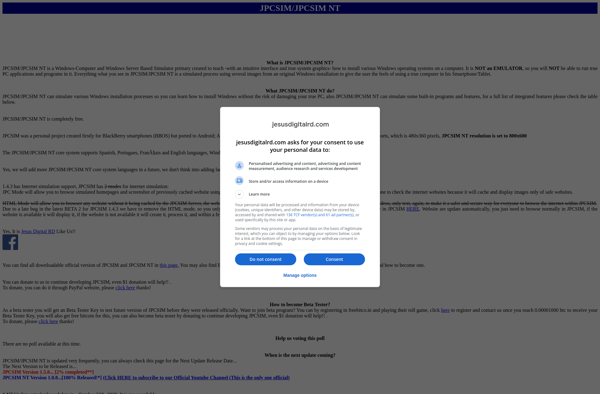
JPCSIM: Open-Source Discrete Event Simulation Software for Manufacturing Systems
JPCSIM is an open-source discrete event simulation software focused on modeling manufacturing systems like production lines. It features a graphical modeling interface and statistics gathering tools.
What is JPCSIM?
JPCSIM is an open-source, Java-based, discrete event simulation software designed specifically for modeling manufacturing systems like production lines, assembly operations, supply chains, and more. It provides a graphical modeling interface that allows users to quickly build simulations by adding and connecting functional blocks that represent individual processes or operations.
Some key features of JPCSIM include:
- Drag-and-drop graphical model building
- Extensive set of pre-built modeling elements for manufacturing operations like workstations, conveyors, buffers, operators, etc.
- Support for six sigma and lean analytics
- Automatic data collection and reporting of key statistics like system throughput, cycle times, and resource utilization
- Experiment management system for running multiple scenarios and input configurations
- Seamless integration with external data sources like MS Excel
- Free and open-source under the GPL license
JPCSIM aims to make simulation more accessible for manufacturing engineers, operational excellence teams, and even students by providing an easy-to-use workflow that does not require programming expertise. Its focus on manufacturing scenarios allows it to provide better domain-specific functions versus general purpose simulation platforms.
JPCSIM Features
Features
- Graphical modeling interface for building simulations
- Discrete event simulation engine
- Statistics gathering and reporting tools
- Model validation tools
- Optimization tools
- Built-in manufacturing system templates
Pricing
- Open Source
Pros
Cons
Official Links
Reviews & Ratings
Login to ReviewThe Best JPCSIM Alternatives
Top Development and Simulation Software and other similar apps like JPCSIM
VirtualBox
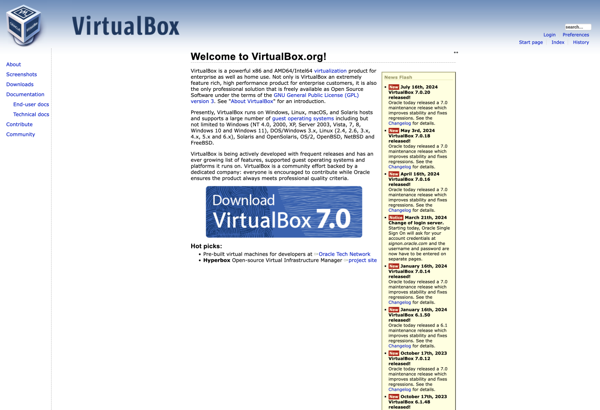
QEMU
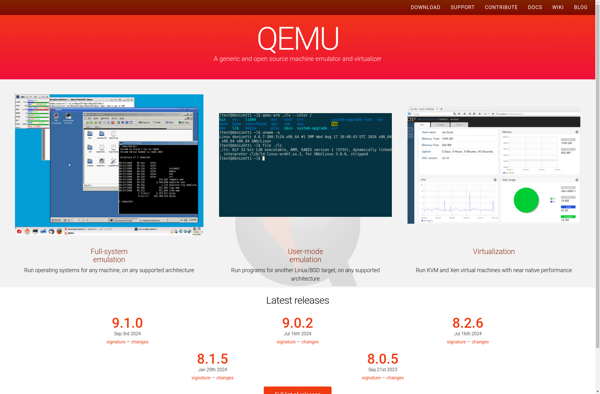
VMware Workstation Pro
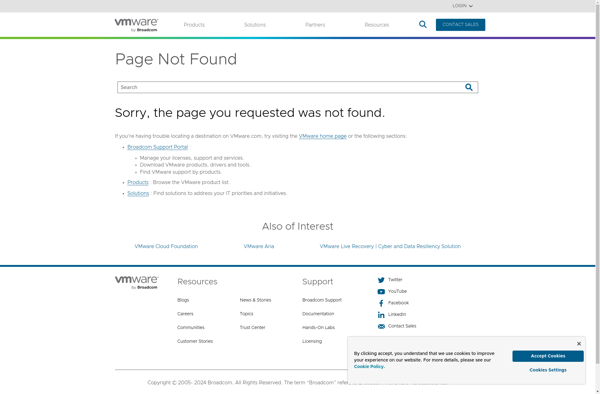
Parallels Desktop
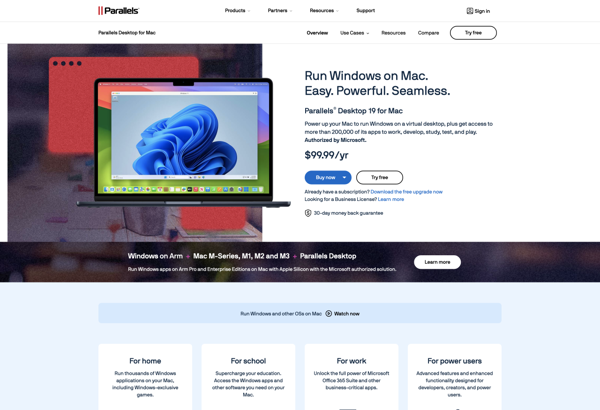
KVM (Kernel-based Virtual Machine)
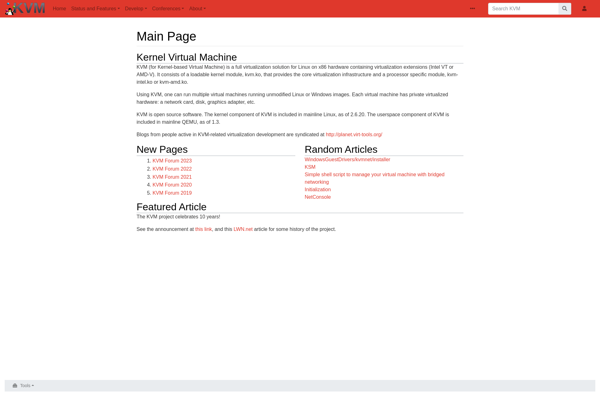
Microsoft Hyper-V Server

VMware Fusion
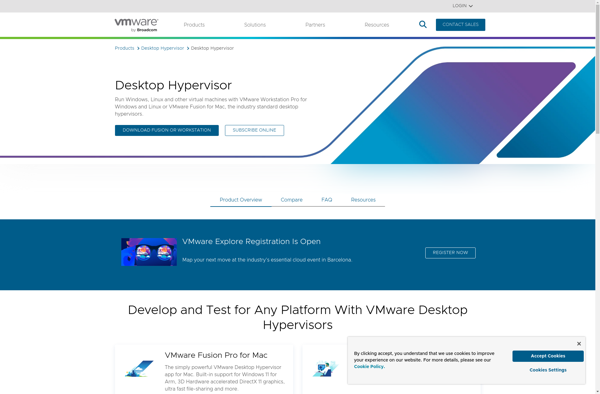
Multipass
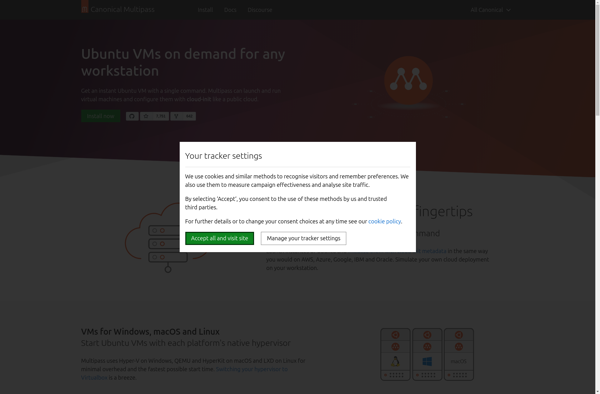
Bochs
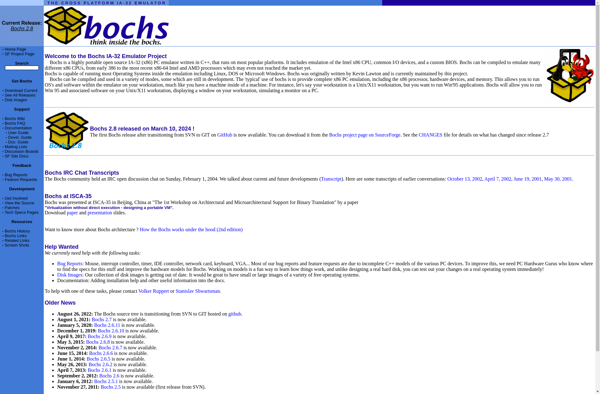
VirtualBuddy
